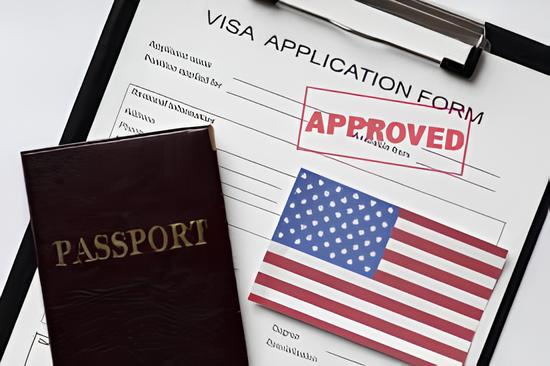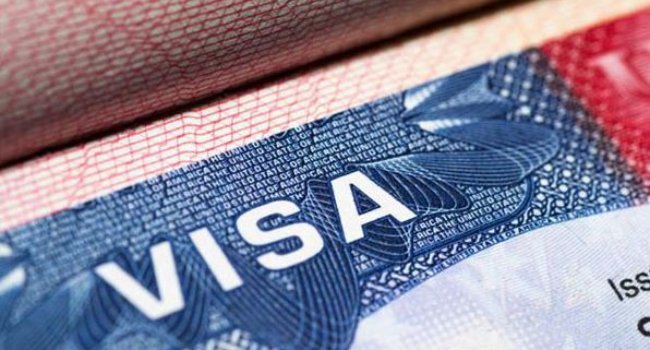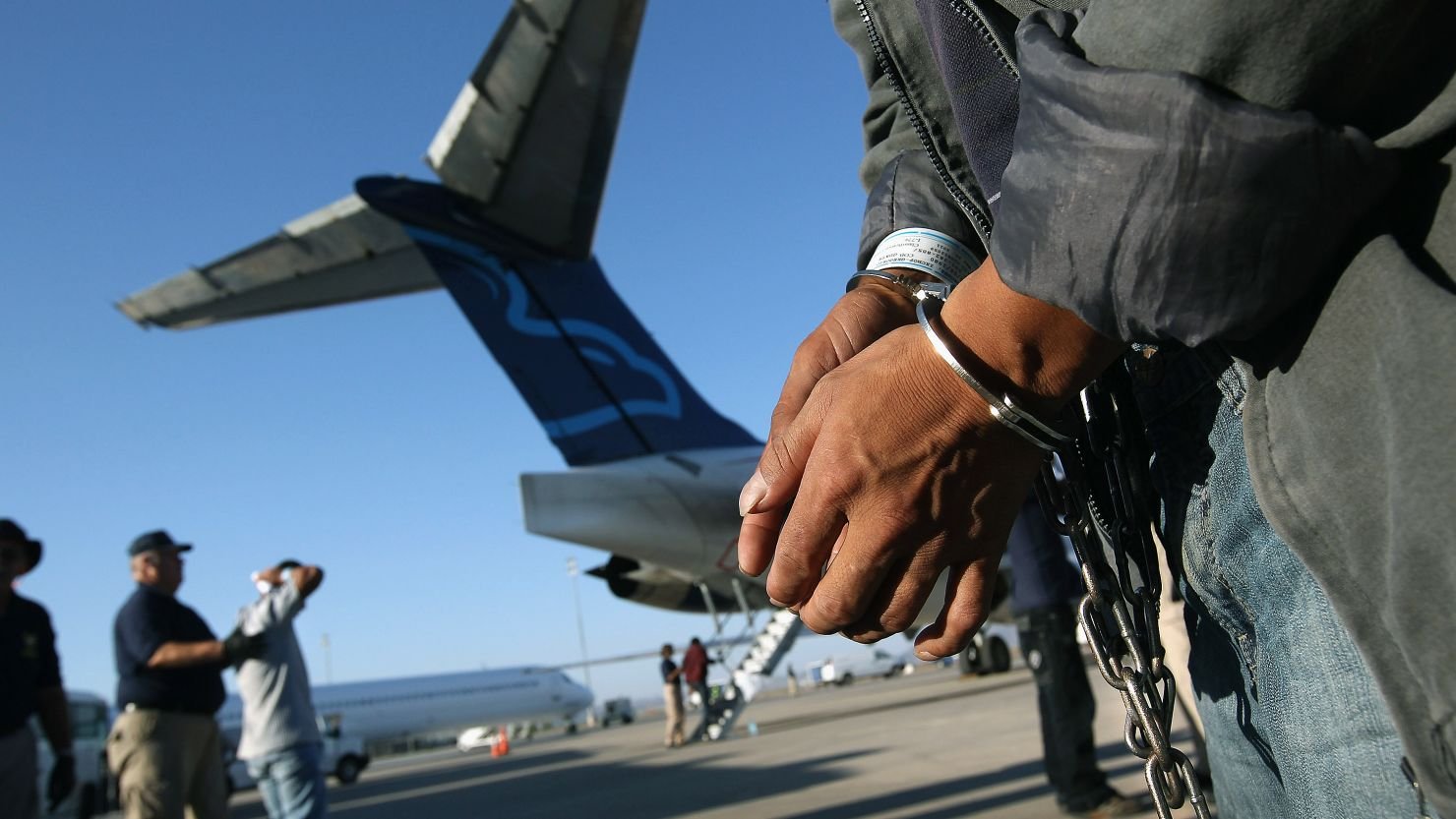The U.S. government has introduced a new $250 Visa Integrity Fee, applicable to nearly all nonimmigrant visa applicants from non-waiver countries. Signed into law under the One Big Beautiful Bill on July 4, 2025, this policy is expected to significantly raise the cost of visiting the U.S. for millions of international travelers starting October 1, 2025.
This fee will apply in addition to current visa costs and affects applicants seeking tourist (B-1/B-2), student (F/M), work (H-1B/H-4), and exchange (J) visas. Nations not part of the Visa Waiver Program, such as Nigeria, India, China, and Brazil, will bear the brunt of the fee, while countries like the UK, Germany, France, Japan, and South Korea remain exempt.
Who Must Pay and Who’s Exempt?
Most travelers from Africa, Latin America, the Middle East, and Asia will be required to pay the new charge. The U.S. says Canadians, Bermudians, and diplomatic or official visa holders may qualify for waivers, although exceptions are limited.
The Visa Integrity Fee is non-negotiable and must be paid upfront with the application, in addition to the Machine-Readable Visa (MRV) fee, reciprocity charges, and anti-fraud fees already in place. This could push total visa costs well above $400 per applicant, depending on visa type and country of origin.
Designed to Deter Visa Overstays
According to the Department of Homeland Security (DHS), the new fee is intended to discourage overstays, which account for hundreds of thousands of immigration violations annually. Officials describe the charge as a kind of compliance bond, refundable only if the visitor leaves the U.S. on time or legally transitions to another visa status.
However, the refund process remains vague. Immigration lawyers caution that receiving a rebate may involve extensive documentation, long processing delays, and the risk of outright denial due to technicalities or minor violations.
Financial Risk and Complexity for Simple Visits
Families planning travel for events like weddings, childbirths, or university visits will need to budget extra funds and navigate more complex paperwork. If a traveler accidentally violates visa terms, even slightly, the $250 is forfeited, adding financial risk to what was once a routine visit.
The fee will also be adjusted annually for inflation, meaning the cost could rise each year.
What Should Travelers Do Now?
Prospective visitors are encouraged to apply before October 2025 to avoid the new charge. If postponing isn’t possible, applicants should plan for the fee as non-refundable, follow visa conditions precisely, and prepare for delays in potential refunds.
With major global events like the 2026 FIFA World Cup, which the U.S. is co-hosting, and the 2028 Los Angeles Olympics approaching, introducing and implementing such a rule will be disruptive and may discourage tourist participation.

























